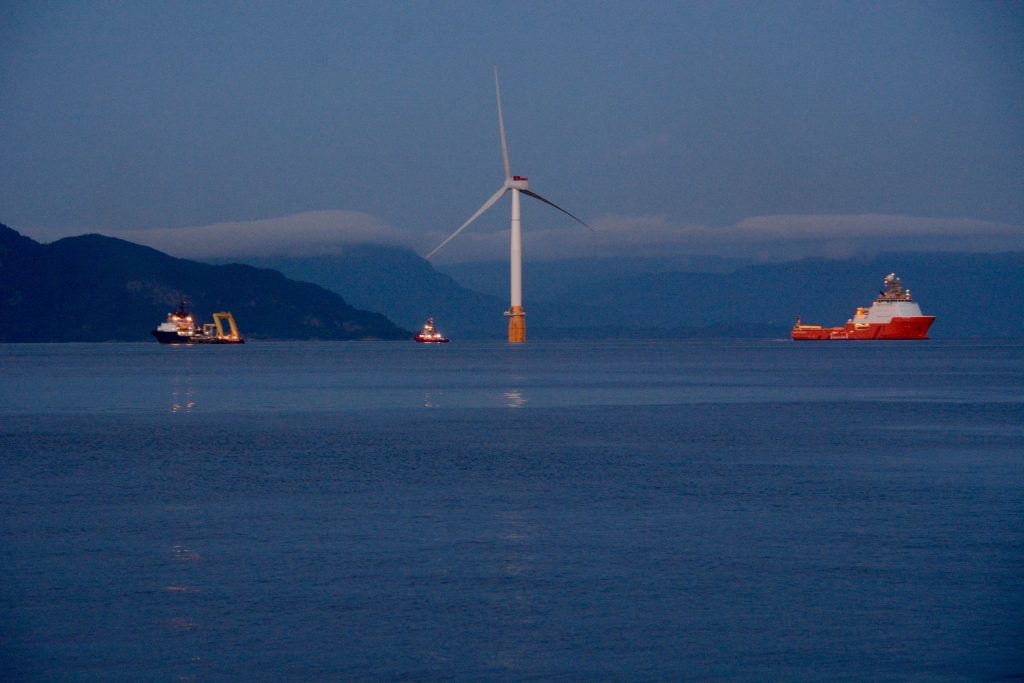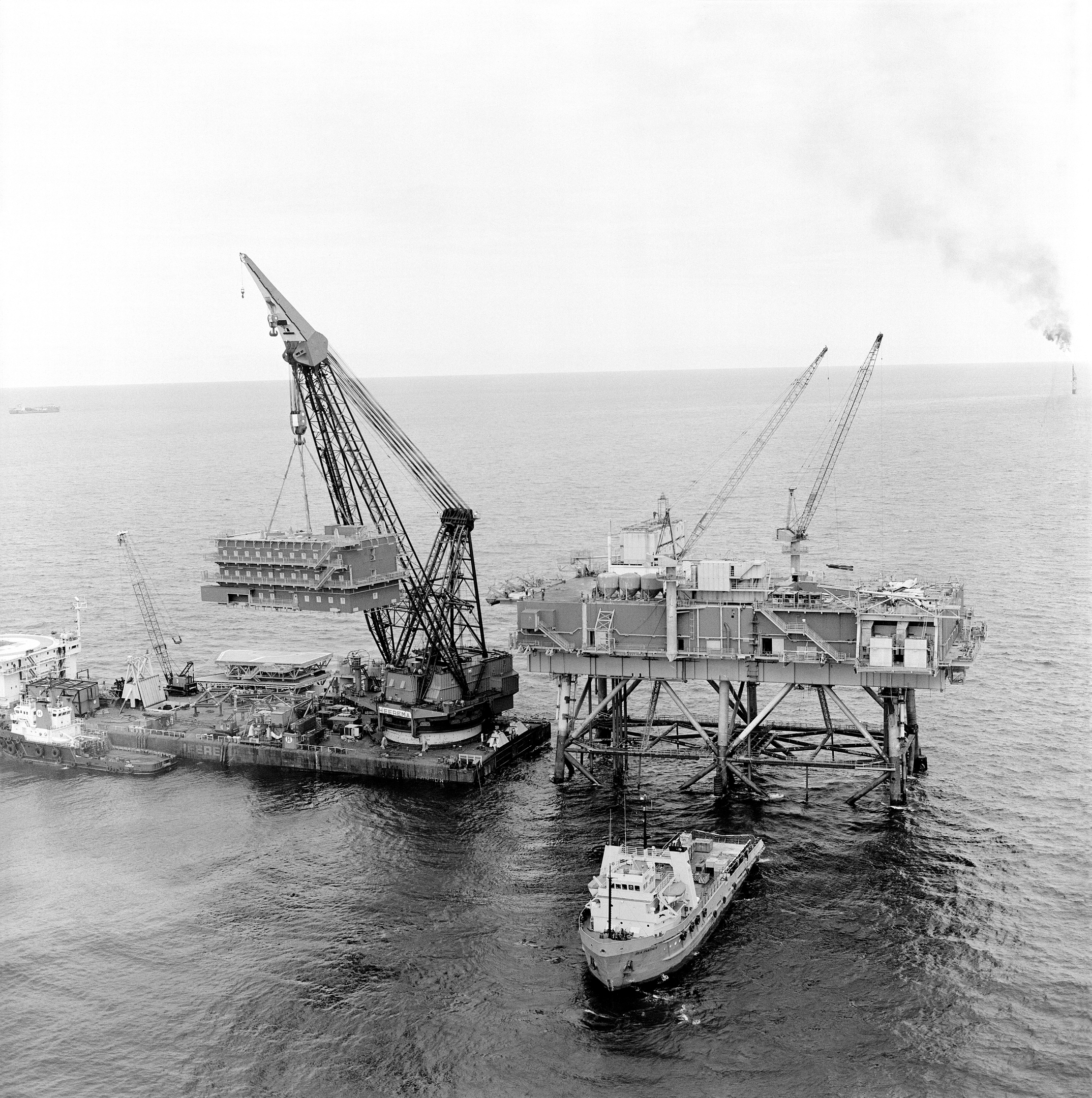
The timing of oil giant Shell’s decision to acquire French floating wind firm Eolfi is “very sensible”, but isn’t likely to herald a revolution in how it invests its money, according to a top energy expert.
Adam Forsyth, head analyst at Longspur Research, said that while he considers the move to be a wise investment for Shell, he’s not entirely convinced that a great number of super-majors will follow.
He said: “It seems very sensible for Shell to be making this acquisition.
“Because Eolfi are in France and they have a roadmap that will see companies tendering for 752,000MW offshore wind as part of that process.
“They seem to be in with an experienced developer and must have a good sight on that opportunity.”
Mr Forsyth also said that firms will now see floating wind as an “opportunity” to invest, but that he doesn’t predict a sea change in where they put their big money.
He said: “A lot of supermajors are talking up what they’re doing, but if you look at the numbers, the percentage of their capital expenditure (Capex) that’s going into renewable energy is still very low.
“The biggest is Total, with about 4%, while I think Shell is around at about 2%.
“This deal will have taken it up a bit of that percentage but it’s still very little and not an overwhelming change in approach compared to the billions that is currently going into oil and gas.”
Mr Forsyth claims the success of Equinor’s Hywind project, which achieved a load factor of 53% in 2018 against the UK offshore average of 37%, “tells you all you need to know about the beauty of these less constrained assets”.
However, he isn’t convinced the sector will see supermajors pouring in, adding that many traditional oil and gas firms “seem to be doing very different things”.
He said: “Beyond Shell, Total and Equinor, I don’t know.
“But I wouldn’t be surprised to see some of the big integrated utilities getting involved and seeing this as the next big thing.”
Recommended for you

